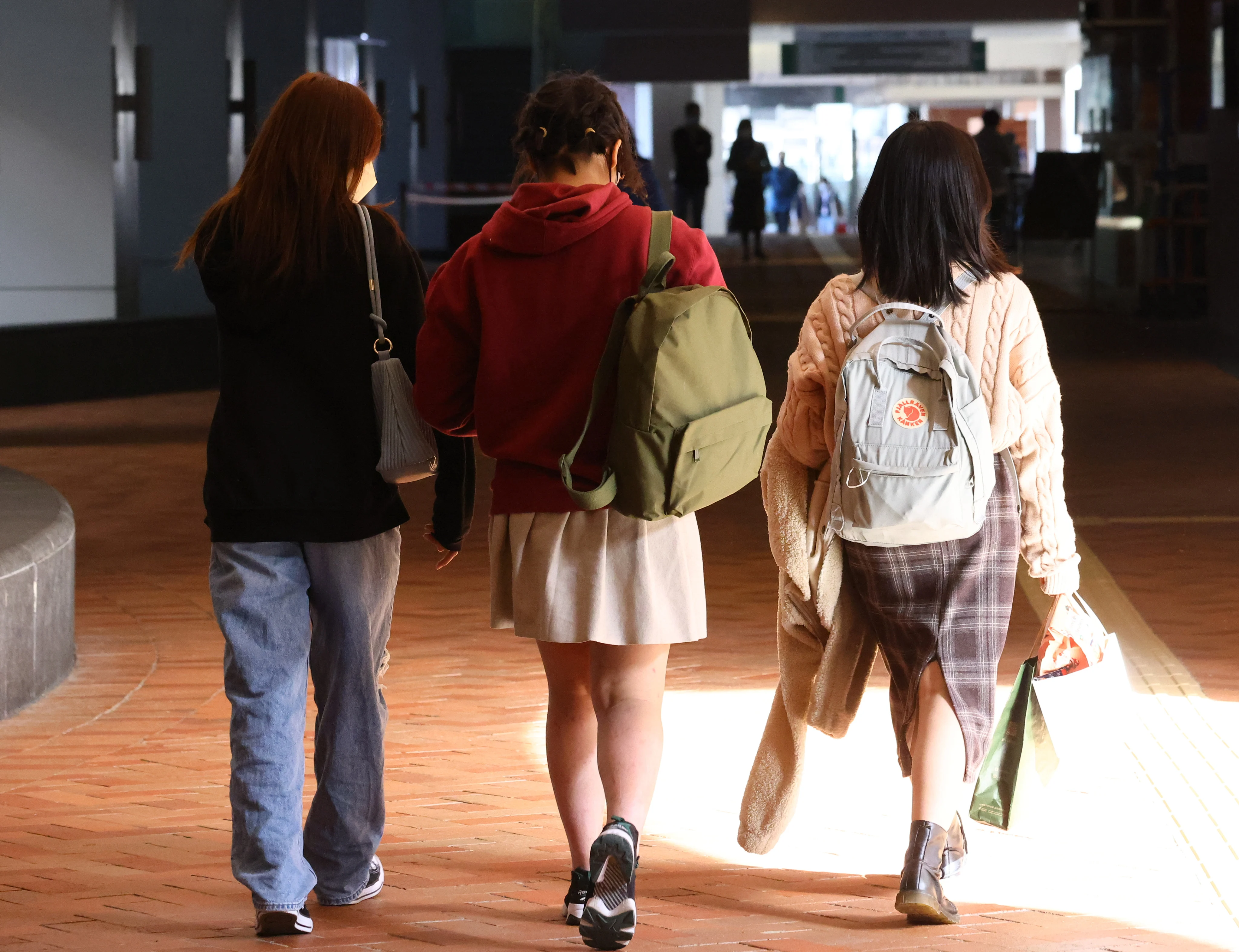By Dorothy Yeung
Copyright scmp

As Hong Kong prepares for a likely public consultation on reforming the Crimes Ordinance, the urgent need to update our outdated sexual offence laws has never been clearer. Just months ago, in July, a scandal at the University of Hong Kong erupted when a law student allegedly used artificial intelligence (AI) to create deepfake pornography targeting over 20 students and teachers, exposing the city’s legal vulnerabilities.
This is not an isolated issue. Hong Kong’s sexual offence laws date back multiple decades and fail to address today’s realities. Ignoring this leaves victims vulnerable in a rapidly evolving society. With the Security Bureau considering more than 70 Law Reform Commission recommendations, Hong Kong has a rare chance to forge a more comprehensive and effective legal framework. But the city’s reforms must go beyond patchwork fixes.
Hong Kong’s framework, grounded in colonial-era statutes, adopts a narrow and outdated definition of sexual violence based on old societal norms. Rape is narrowly defined as non-consensual penetration involving a male perpetrator and female victim, excluding many non-consensual sexual acts or same-sex assaults. There is also no statutory definition of consent, forcing courts to fill the gaps inconsistently. Moreover, emerging harms such as “stealthing” (non-consensual condom removal) and AI-generated sexual images are unaddressed, leaving survivors vulnerable without adequate protection.
The toll is devastating. RainLily, an NGO that supports victims of sexual violence, reports that only 41.4 per cent of cases have reached police in recent years. Data indicates a conviction rate of just over 6 per cent. Survivors, often deterred by fears of disbelief or revictimisation, wait for an average of over four years before seeking help.
The Law Reform Commission has introduced proposals, such as defining consent as a free and voluntary agreement, replacing the outdated concept of “rape”, and recognising new offences such as sexual grooming.
Yet, these reforms are only the foundation. To empower survivors, we must embed changes within a holistic system that expands protection and anticipates future challenges. This requires three intertwined pillars – a clear and definitive consent standard, protections that adapt to evolving sexual harms, and a justice process designed to encourage healing over trauma.
At the core of the reform should be an explicit, enumerated definition of consent that dismantles myths. Many survivors report freezing at the moment of sexual violence. In some cases, courts might interpret such silence or immobility as consent. While the Law Reform Commission proposes an expanded definition of consent, Hong Kong should consider specifying when consent is absent, including cases of silence, deception, incapacity due to intoxication or coercion.
Jurisdictions like Canada and New South Wales, Australia offer clear examples by listing specific scenarios barring assumed consent, reducing judicial ambiguity and empowering survivors. A robust consent law clearly signals that ambiguity excuses no one, and validates experiences previously dismissed as misunderstandings. This may increase reporting of abuses, as well as reduce delays.
Secondly, the law should explicitly address newer forms of harm. Stealthing, the secret removal or damage of a condom during sex, has been recognised overseas as a severe breach of consent. Canada’s Supreme Court classified it as sexual assault in 2022. New South Wales also penalises stealthing as a form of sexual assault.
Another alarming development is the rise of AI-generated deepfake pornography, which devastates ’ reputations through the non-consensual fabrication of explicit images. The HKU scandal underscores Hong Kong’s unpreparedness in addressing such evolving tech-based offences effectively.
The UK’s imminent ban on creating or sharing non-consensual AI pornography, alongside the US’ Take It Down Act’s 48-hour platform removal mandate, offers a practical road map for Hong Kong. Legal provisions that hold platforms accountable and ensure rapid content removal will protect people from trauma and technological exploitation.
However, legislation alone is insufficient. Survivors often endure secondary trauma due to insensitive police investigations and court procedures, contributing to high underreporting rates.
Models such as “Anna’s Law” in the US state of Illinois could show how training and support can transform survivor experiences. The law equips police with the skills needed to engage with survivors, reducing retraumatisation. Britain’s Independent Sexual Violence Advisers guide survivors through complex proceedings. New Zealand has moved to reduce delays in sexual assault trials with empathetic management to increase survivor satisfaction.
Hong Kong should adopt a framework that trains prosecutors, judges and health professionals, while expanding one-stop crisis centres integrating counselling, forensic services and legal aid. Coupled with the mandatory child abuse reporting regime starting next January, the city must provide specialised training for health and social workers on trauma-sensitive approaches.
The coming consultation process offers a chance to overhaul outdated and ineffective sexual offence laws. By focusing reform on a clearer consent framework, addressing emerging sexual harms and building a trauma-informed, survivor-centered justice process, Hong Kong can shatter stigma and silence, deliver justice and foster a culture of healing.



